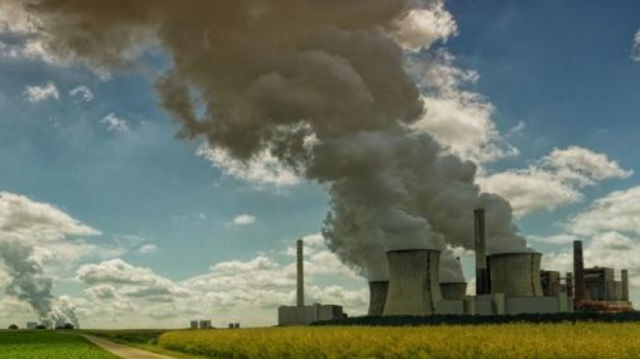
How to ensure Africa is not penalised by net-zero policy spillovers on international trade and investment
COMMENT | JAMES MACGREGOR & JODIE KEANE | Despite Africa’s extremely limited emissions contribution to climate change, its producers and exporters are now at risk of adverse effects to their businesses owing to the interpretation of net-zero by large European retailers.
African producers and exporters are facing a more complex trading landscape, despite contributing very little to the climate emergency. Government policies on ‘net-zero’ in Europe are resulting in ‘green knee-jerk reactions’ which are increasingly demonising imported agricultural produce. Consumers and retailers are seeking quick, clear, and marketable cuts in their emissions, which puts imported produce at risk.
There is a widespread perception among consumers that produce grown close to their homes is associated with lower emissions. However, the scientific evidence from lifecycle assessments shows this is not the case across food groups and seasons. The lack of internationally agreed common accounting frameworks exacerbates the risks of retailers adopting sourcing strategies that undermine development and climate goals.
This is imposing an ‘unjust green squeeze’ on African producers as retailer supply chains react to new policies and public perceptions, and seek to limit their exposure to imported produce. This process is not conducive to the advancement of sustainable development, nor the Sustainable Development Goals, which include reference to responsible consumption and production.
Indeed, it risks imposing a ‘double green whammy’ on African producers of agrifoods who will lose economic opportunities overseas, which will limit the expansion of formal employment opportunities within more resilient and technologically sophisticated sectors: an imperative for climate change adaptation strategies.
Net-zero policies are accelerating the integration of corporate sustainability due diligence, but unless carefully managed, they will raise both compliance costs and the perceived risks of sourcing from African countries that lack the appropriate institutional support to adapt. The corporate trend towards environmental and social governance reporting likewise risks marginalising producers from the Global South.
The international transportation sector is progressing differently, with the aviation industry adopting internal carbon markets to reduce emissions. The international maritime sector is likely to impose levies, as called for in the Paris Pact and for which support was further harnessed at the Africa Climate Summit.
There remains some uncertainty regarding UK policy on initiatives like carbon border measures, whilst the EU’s system is being implemented now. At the international level, the rule book on carbon markets remains to be completed with progress needed at COP28; including on the interoperability of carbon markets as well as overarching governance to ensure environmental integrity.
The expansion of formal employment opportunities in the agricultural sector for many countries in sub-Saharan Africa (SSA) has been underpinned by the success of high-value exports, including those destined for UK consumers. The integration of producers in SSA into UK supermarket value chains has been instrumental in keeping consumer prices low and expanding the range of products available throughout the year. At the same time, the success of the industry for African exporters to the UK and EU has fostered outward investments within Africa, expanding jobs and economic opportunities. Furthermore, these agricultural sectors have benefitted from landscape-level improvements to agricultural systems, including higher standards in production and cold chain, technology transfer, higher skills, improved food security, and a stronger, larger, more diversified sector.
The Africa Climate Summit is being convened within the context of the known policy spillovers from climate change mitigation policies on international trade, but the international policy discourse is silent on what measures are being taken to address their repercussions. This needs to change. Whilst trade and investment policies do not feature within the agenda, they intersect each of the agenda items, especially adaptation. There is an urgent need to ensure that African producers are not penalised by net-zero policy spillovers on international trade and investment.
*****

James MacGregor is an Independent Consultant and Jodie Keane is Senior Research Fellow, ODI, the global affairs think tank formerly called the Overseas Development Institute of the UK.
This op-ed is part of a thought-provoking series of ideas and pieces, developed by ODI, the global affairs think tank, and supported by the Bill and Melinda Gates Foundation. It aims to illustrate the synergy between development and climate goals. For more information, visit our Africa Climate Summit Hub.
 The Independent Uganda: You get the Truth we Pay the Price
The Independent Uganda: You get the Truth we Pay the Price


